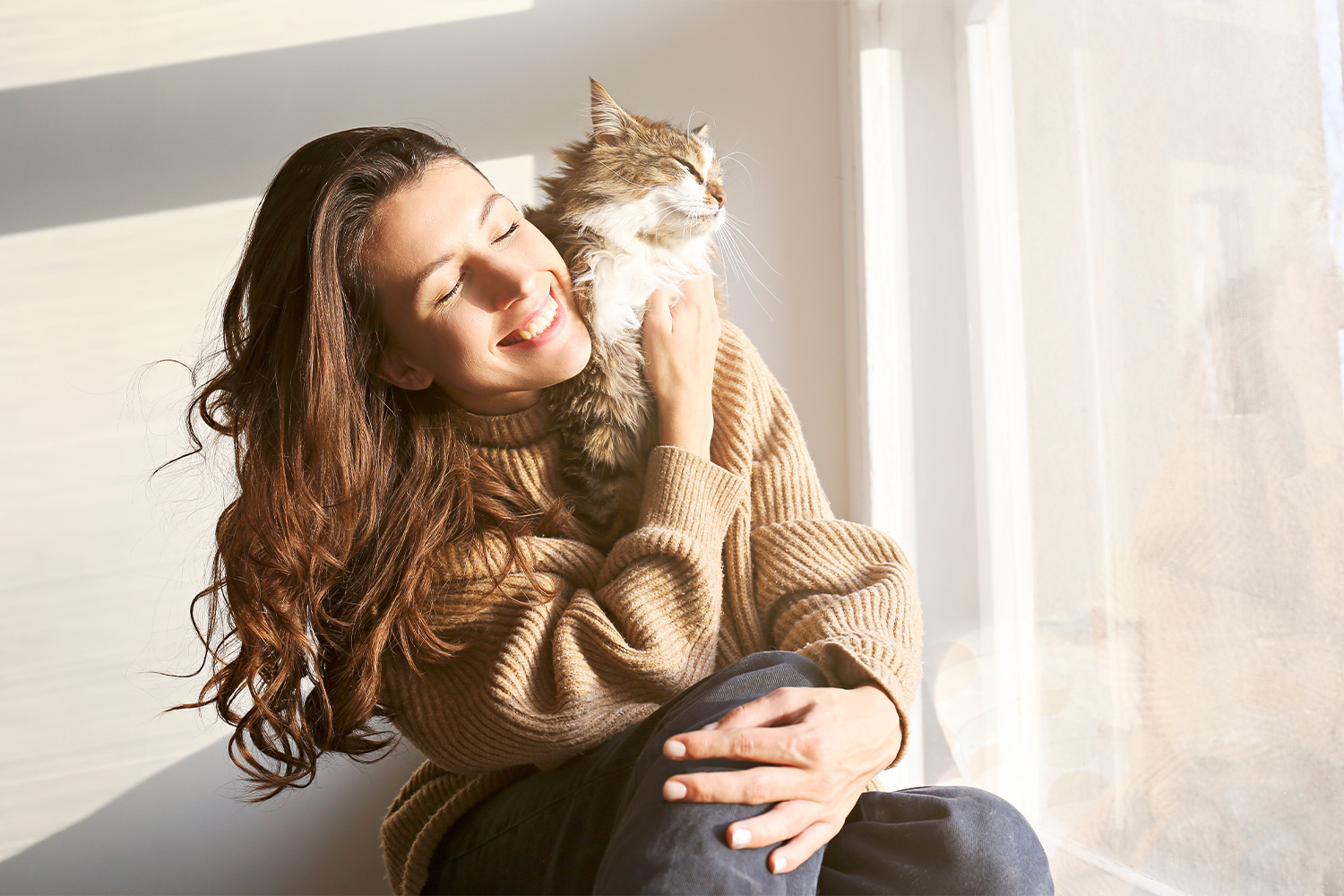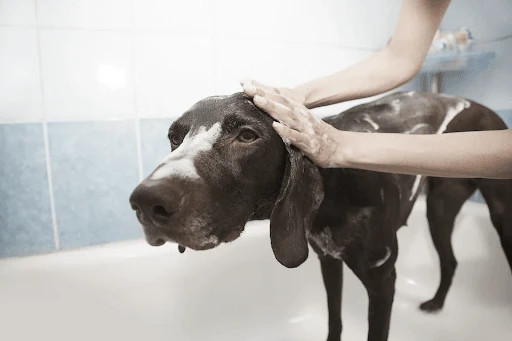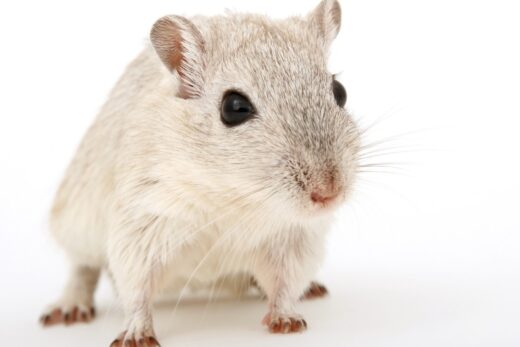
Think about how you feel when you hear your cat purr. If you’re like most cat parents, the sound immediately fills you with happiness and love for your pet. Cats are special, but they can also be somewhat of a mystery.
Luckily, through years of research by veterinarians, animal behaviorists, and dedicated cat lovers, we have a much better understanding of this trademark feline sound.
So, why do cats purr? What does it mean? Is it always a good thing? Let’s take a closer look.
How Do Cats Purr?
Cats start to purr at just a few days old, which shows how innate this sound and behavior is for our feline companions. But it’s not just domestic cats that purr; scientists have documented other cats in the Felidae family, like the bobcat, cheetah, and puma, making the same noise.
However, it’s a common misconception that other big cats — jaguars, lions, and leopards, most notably — can also purr. While they make a purr-like noise, it isn’t produced in the same way or for similar reasons.
But, for those lucky few that are able to purr, how exactly do they do it?
The honest answer is that no one knows for sure, although research keeps moving us closer to a conclusive answer. Specifically, one crucial part of the feline body is involved — the larynx (also known as the “voice box”).
Like humans, the larynx is vital in allowing your cat to vocalize as it contains the vocal cords. The larynx also protects your cat from aspirating by closing and creating a seal between the mouth and the lungs.
The intrinsic (or internal) laryngeal muscles help control the larynx and are the most likely part of the body responsible for allowing your cat to purr. They help open and close the space between the vocal cords, called the glottis, creating that unique purring sound.
What makes purring distinct from other noises that cats make is that purring occurs during both inhalation and exhalation, unlike meowing or hissing. Your cat breathing in or out has little to no effect on the volume or quality of their purr.
Like those other vocalizations, though, purring is at least partly voluntary, which is part of why it can be such a powerful communication tool.
Why Do Cats Purr?
Now that we have a better idea of how cats purr, let’s talk about why they might make that noise. Although much of what we know about purring is second-hand — because they can’t speak up and tell us how they feel using words — we can make educated guesses (just like we do with other feline behaviors like the “zoomies”).
We’ve compiled four of the most likely reasons a cat might make a purring noise and how you can tell which one you may be dealing with. Think of a cat purring as similar to a human laughing — while the noise may be the same, the reason behind it can vary depending on the situation.
You have to look at the bigger picture to interpret it accurately; the noise is just a single piece of a much larger puzzle.





